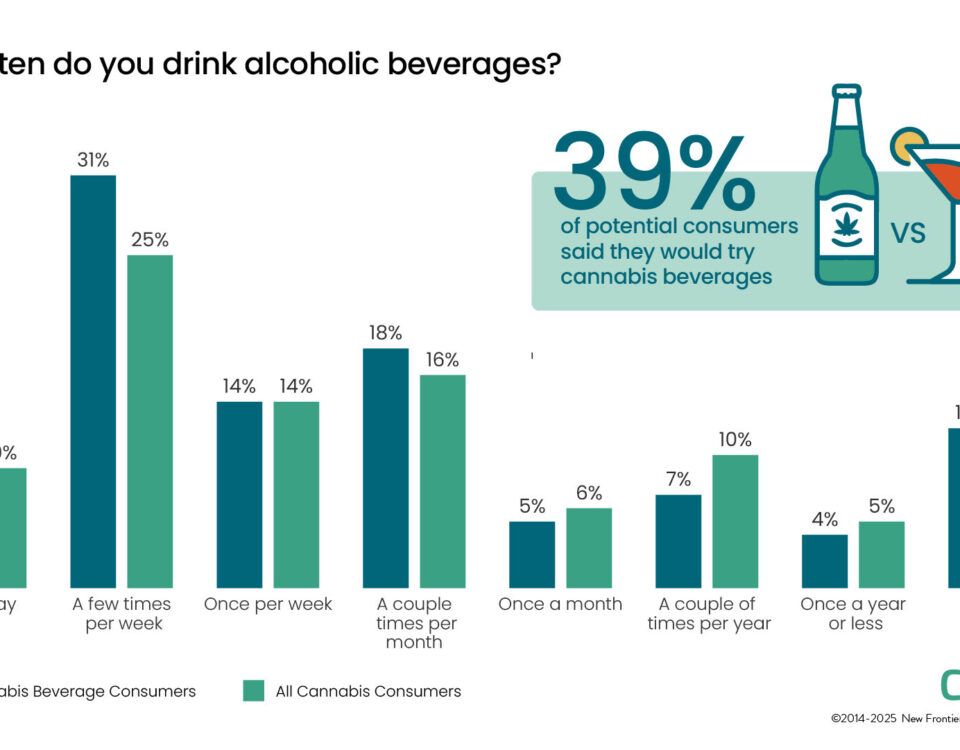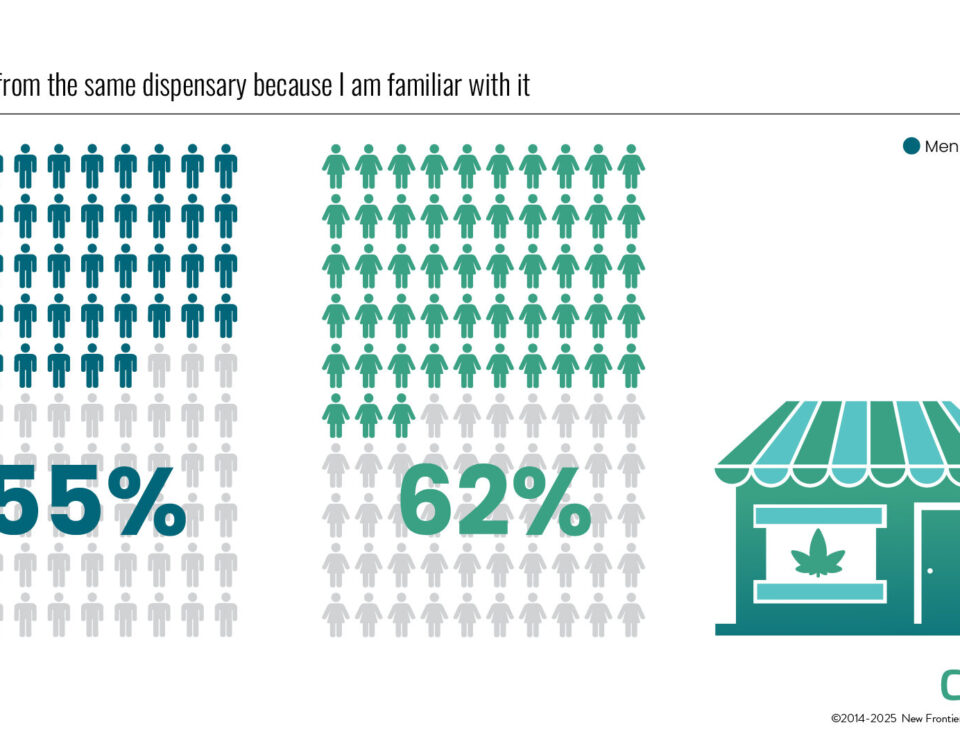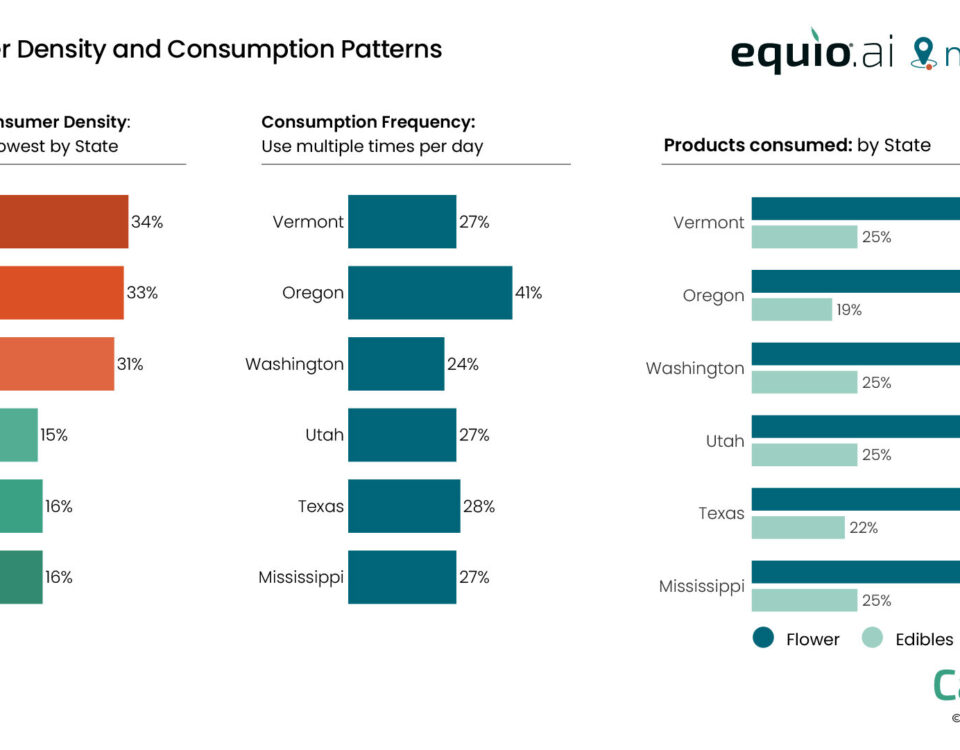Updated Projections as Lawmakers Look for Federal Legalization in 2019

2019 Outlook: Surging Adult Use Sales Drive Legal Market Growth
February 2, 2019
How Alleged WHO Recommendations Would Affect International Cannabis Markets
February 9, 2019By J.J. McCoy, Senior Managing Editor, New Frontier Data
Rumors of another federal shutdown notwithstanding, 2019 is poised to be a watershed year for cannabis reform potentially enabling a $56 billion annual U.S. cannabis market by 2025. Those were among the findings shared last week during a National Press Club event sponsored by New Frontier Data in Washington, D.C.
Days before United Nations global health experts from the World Health Organization recommended that cannabis and its key components be formally rescheduled under international drug treaties, Rep. Earl Blumenauer (D-Ore.) said that the “grand bargain” of federal legalization is “going to be a cumulative effect of what happens with committees moving it forward” on Capitol Hill.
“I want people to not sign letters, not talk about it,” he said. “I want people to work in the trenches on their committees” to produce legislation such as the STATES Act.
Meantime, in releasing its free briefing report, The State of the Cannabis Union: 2019, New Frontier Data reported that federal legalization of medical and adult-use cannabis will create $86 billion in additional U.S. tax revenue between 2019 and 2025, and enable a $56 billion annual U.S. cannabis market by 2025.
Currently, 33 U.S. states have enacted legal state cannabis programs. Another 14 have approved CBD use, while support among other U.S. states continues to grow.
“Cannabis legalization and decriminalization has not only occurred in nearly 60% of the United States; it is now being explored or adopted in over 60 nations around the world,” said Giadha Aguirre de Carcer, New Frontier Data’s founder and CEO. “Our data shows how full federal legalization, specifically in the U.S., will drive material gains across key economic sectors, including federal revenue generation and national job creation while reducing government health-care spending and crime rates.”
Among New Frontier Data’s updated projections and findings:
- There are an estimated 272 million cannabis consumers globally, equivalent to 4% of the world‘s population;
- Each year, those consumers collectively spend approximately $356 billion on cannabis across both legal and illicit markets;
- In the U.S., more than 24 million (9.9% of adults aged 18+) consume cannabis regularly, and 115 million (48.2%) report consuming it in their lifetimes;
- In states where cannabis is currently legal, medical and adult-use sales are forecast to grow from $12.9 billion in 2019, to $26.3 billion in 2025;
- Government pain medication spending drops 11% in U.S. medical cannabis markets vs. non-legal markets;
- There were 2.4 million U.S. medical marijuana patients in 2018, up 71% from 2014;
- The U.S. hemp market is projected to grow to $5.7 billion annually by 2020; and
- Legal cannabis supported 259,000 plant-touching jobs in 2018.
Ms. Aguirre de Carcer added that New Frontier Data’s goal in releasing the updated figures and projections was to provide the U.S. Congress “with objective and comprehensive intelligence on the potential socioeconomic impact of federal cannabis legalization as its members enter into this delicate debate.”
While Mr. Blumenauer said that that Democratic leadership does not consider cannabis reform a top priority this Congress, he asserted his longtime dedication to the issue, and explained his plans to start with banking reforms since Rep. Maxine Waters (D-Calif.), chairwoman of the House Financial Services Committee, comes from the nation’s largest legalized cannabis state.
Rep. Lou Correa (D-Calif.) likewise told attendees at the press briefing that he sees increased traction for legislation to move through Congress. “Are we moving in the right direction?” he said. “I think for the most part, yes, but it’s not an automatic.”




